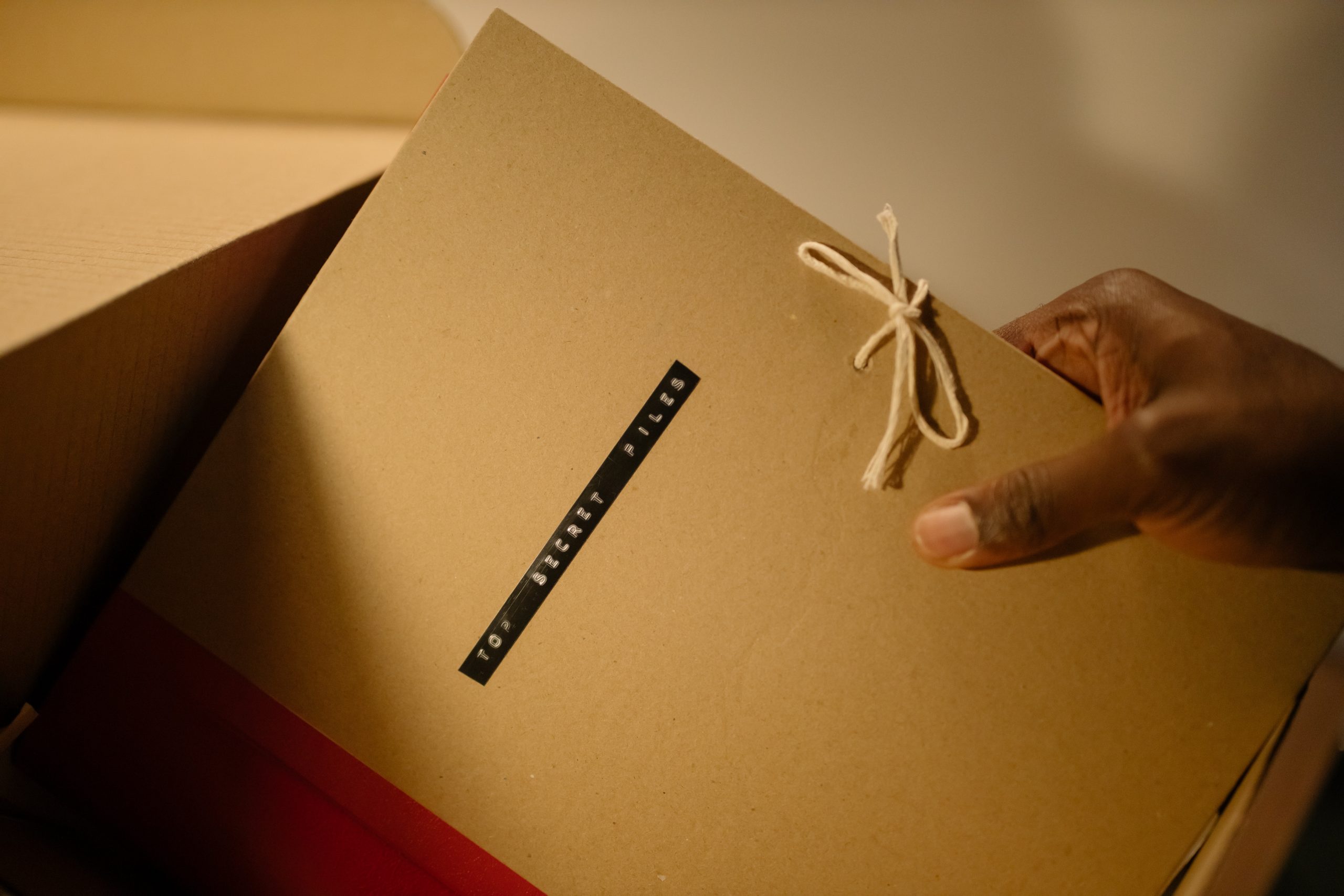

The use of WhatsApp messaging has surged in recent years, leading to questions about whether these messages can be subpoenaed and used as evidence in court. In this article, we’ll explore the admissibility of WhatsApp messages as evidence in US courts, and how this affects businesses and clients.
Court Use of WhatsApp Messages
To start, it’s important to understand whether WhatsApp messages are admissible in court. Generally, courts in the US will admit evidence if it is relevant, reliable, and authentic. WhatsApp messages can meet these requirements if they are genuine and unaltered, and parties seeking to admit them can prove their authenticity.
Several cases have dealt with the admissibility of WhatsApp messages in court, including Commonwealth v. Mangel and Nucci v. Target Corporation. In these cases, WhatsApp messages were admitted as evidence because they were relevant and reliable, and had not been altered.
WhatsApp Messaging and Security
However, the process of obtaining WhatsApp messages as evidence can present challenges for businesses and clients. One concern is privacy, as these messages may contain personal or confidential information. Businesses must consider the potential privacy violations of producing such messages in court, as this could lead to reputational damage and lost business.
Moreover, businesses must ensure that they follow proper procedures for obtaining WhatsApp messages as evidence. This may require obtaining a search warrant or subpoena, and failure to comply with these procedures could result in the exclusion of evidence in court.
Another concern is the reliability of WhatsApp messages as evidence. Unlike emails, WhatsApp messages are more susceptible to alteration or fabrication, making it challenging to prove their authenticity in court. Therefore, businesses must ensure that they have proper documentation to authenticate WhatsApp messages as evidence.
Finally, producing WhatsApp messages as evidence can be costly and time-consuming, especially if forensic experts are required to authenticate the messages. Therefore, businesses must weigh the potential costs and benefits of using WhatsApp messages as evidence in court.
Implications for Businesses
WhatsApp messages can be subpoenaed and used as evidence in court if they meet the criteria of relevance, reliability, and authenticity. However, businesses must be careful in how they obtain and produce WhatsApp messages as evidence and consider the potential implications for privacy, reliability, and cost.
